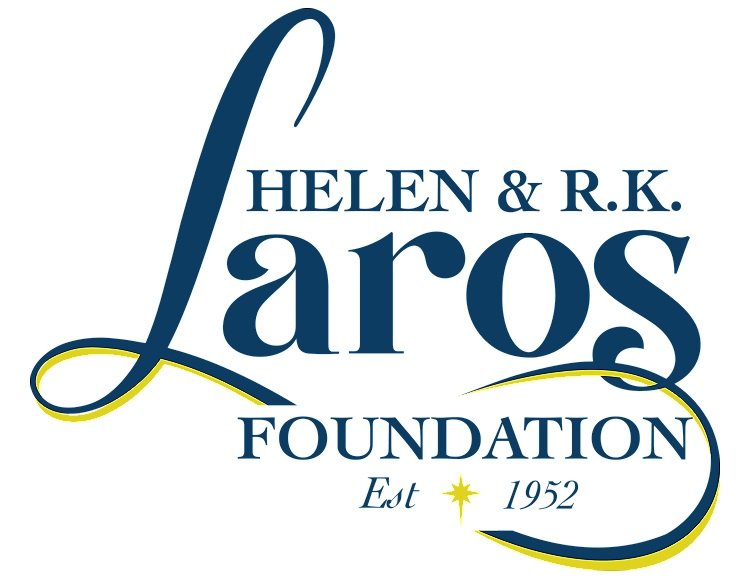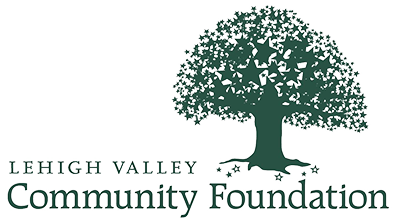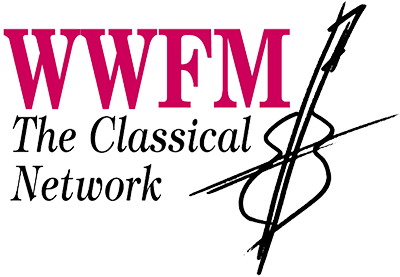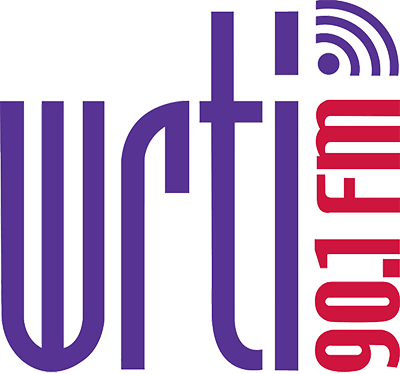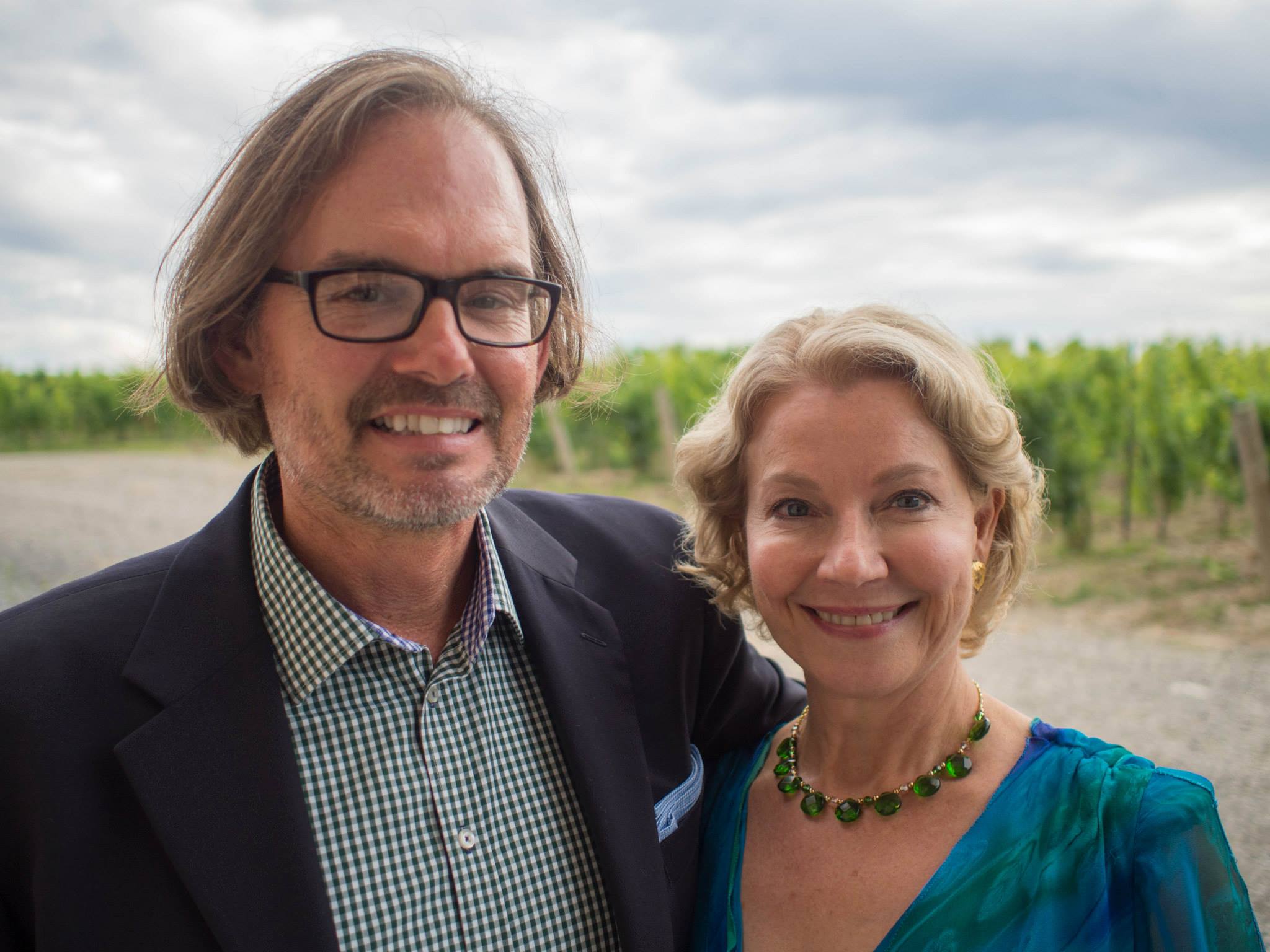
Tom Goeman and Rosa Lamoreaux
The program will begin with Tom’s performance of Bach’s cerebral and intense Passacaglia and Fugue in C-Minor, BWV582, for organ. Tom will doubtless put Central Moravian Church’s Möller/Walker instrument through its paces – the P&F is an utter tour de force for performer and listener alike. A passacaglia is a compositional form that most often is a series of variations over a ground bass, or repeated bass line. If you attended the Saturday morning orchestral concert at the Bethlehem Bach Festival last May, you may recall the work of the Bach Chaconne Project, in which talented student musicians improvised variations over the bass line of Bach’s Chaconne for violin (which was played so rivetingly by Caroline Goulding in the first week, and Elizabeth Field in the second). The construction of a passacaglia is similar to that of a chaconne. Tom will offer Bach’s exploration of the colors and harmonic and rhythmic possibilities of this compositional form extended to the organ. The repetition of the bass line accustoms listeners to the harmonic foundation of the piece, which brings the sheer virtuosity of composer and performer in bolder relief as the variations evolve and become evermore intense and complex. Bach then continues in the C-Minor vein with an active and dexterous fugue, which moves swiftly, with complex chromatic harmony in places, and a thrilling fugue theme, which volleys between hands and feet several times through the piece. Tom’s renowned articulation and deep grasp of the musical building blocks of pieces of this complexity will make for an exciting and satisfying performance.
Greg Funfgeld has paired the Passacaglia with a solo cantata for soprano that will match the organ work’s complexity and variety of vocal and orchestral colors. We’re delighted that Rosa will sing this piece, with which she and the Bach Festival Orchestra have had a long and distinguished history, including a performance of the work on our 2003 UK tour. Rosa owns this piece – her performances are filled with great insight and beauty, and it’s extremely gratifying to give her the spotlight for a Bach at Noon.
This cantata has the charming title, Mein Herz Schwimmt im Blut, or My heart swims in blood, and there’s no getting around the fact that the text, written by Georg Christian Lehms is one of the more self-flagellating items in Bach’s œuvre. In fact, the late, great Craig Smith, of Emmanuel Music in Boston wrote about it: “Of all of his texts, the one for BWV 199 is perhaps the bloodiest. This is one of those texts that, if it weren’t set with such penetration and sincerity that one could not take it seriously. It has, however, generated one of the great Bach cantatas that is almost unique in its intensity and passion.” It was composed while Bach was serving in Weimar, and received its first performance in August of 1714.
The cantata’s theme is a lengthy exploration of repentance, and ends joyfully with the release of forgiveness. If the text makes it seem like a hard sell, I want to assure you that, for all the nearly operatic contrition, Bach redeems the poetry with music of extraordinary creativity and empathy. The work begins with a recitativo accompagnato, with the words offered in the rhythm of speech, accompanied by the orchestra. I won’t include the complete translation of the first movement, but mention is made of a dessicated heart, the hangman of hell, and, at one point, the penitent refers to herself as a monster. Clearly, Lehms was the life of the party!
The second movement is an aria and recitative of extraordinary beauty for soprano, oboe, and continuo, again on the theme of penitence. Then a follows another recitative, and a beautiful aria for strings and soprano, which begins to add an atmosphere of grace to the proceedings with a beautiful plea for God’s patience. This kind of aria, where Bach pivots from tortured penitence to the anticipation of the grace of forgiveness, is one of his specialities. To my ear, this aria, Tief gebückt und voller Reue, is filled with autumnal light (or maybe it’s just projection after a rainy fall day). We can expect a transfixing performance by Rosa, Greg, and the Bach Festival Orchestra.
The cantata continues with another pivot – a brief recitative sets up a beautiful chorale setting for cello solo and continuo as the soprano floats the melody of the hymn, Wo soll ich fliehen hin, over the proceedings. Another recit follows, and then the clouds part once and for all in forgiveness, with an extremely succinct but joyful aria, in which the soprano and oboe share in a fleet dance of bliss.
So many of Bach’s cantatas can be seen as spiritual and exegetical journeys, and what’s fascinating about Cantata 199, with its dour text (to say the least) is how Bach redeems the anguished self-reproach that was so fashionable in his lifetime with music that polishes the jagged contours of the poetry. He doesn’t shy away from the difficulty of the challenging sentiments contained therein, but seems to cast them in a spirit of rich empathy, which offers healing and grace, even in the darkest moments. Plan to arrive around 11:30, when the doors open at Central Moravian Church, to be sure of a good seat!
In other news, The Choir had its first rehearsal of the season this past Monday, and it was great to be among our colleagues again. The festivities of May seem a distant memory, and it’s especially rewarding to dig in to some of the challenge works on tap for this season. We began with Händel’s Coronation Anthem, Zadok the Priest, and it was extremely heartening to see the faces of this years choral scholars as they heard the Bach Choir’s 90 singers wrapped around them as we sang the thrilling opening of the piece. The joy and wonder of that moment was followed by a slight panic as we moved on to the swift melismas of the second section (they have until February to master them). We also began our work on the Christmas Oratorio, the St. John Passion, and a lovely Randall Thompson piece that we’ll be performing at the Family Concert in February.
I’ll be writing more about our 2015 Gala Concert, which will feature The Bach Collegium Japan, but, really, if you’ve not already, order your tickets now. It’s going to be a thrilling concert!















